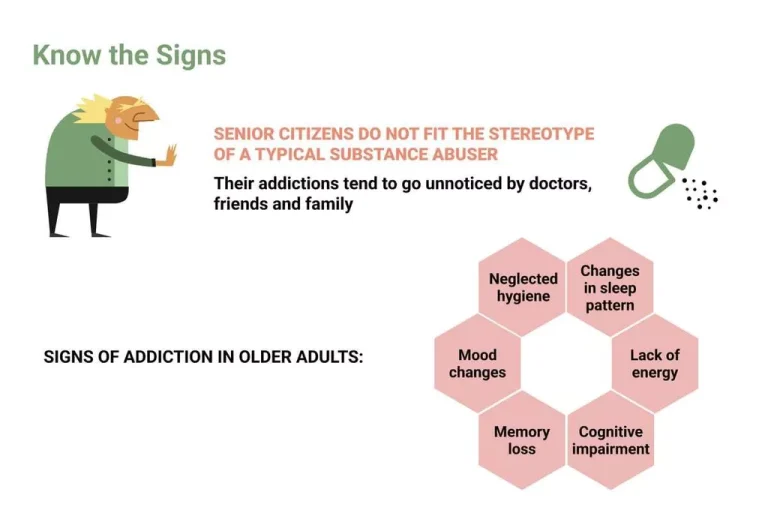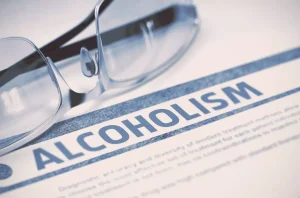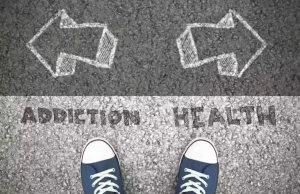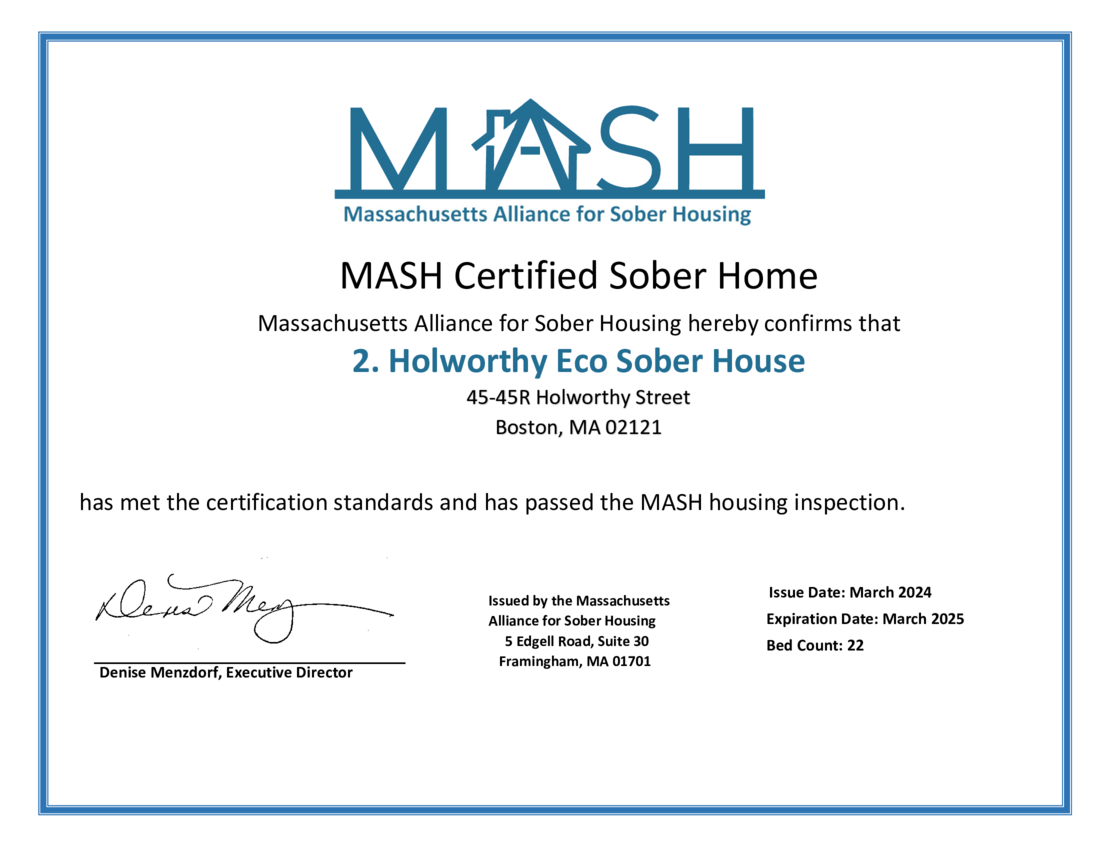
So, treatment may also include electrolyte corrections and multivitamin fluids. They may also do a blood test called a toxicology screen to measure the amount of alcohol in a person’s system. Blood tests and imaging tests can show if organs, such as the liver, have been affected by a person’s intake of alcohol. The doctor may ask for evidence that there has been a decrease in alcohol use after regular heavy use. Chronic alcohol use can cause complex changes in their brain, including to the neurotransmitters dopamine and gamma-aminobutyric acid (GABA), which affect excitement and a person’s sense of reward. Symptom-triggered therapy with benzodiazepines remains the cornerstone of management.
How Long Does It Take to Detox From Alcohol?
Still, some symptoms — often more severe — can set in after 2 to 3 days. If your blood pressure, pulse, or body temperature rises, or if you have more serious symptoms like seizures and hallucinations, seek medical care immediately (dial 911). If you already have alcohol use disorder, it’s important to seek counseling and medical care as soon as possible. The goal is to safely and gradually decrease your dependence on alcohol so that you can resume your daily life.

Treatment regimens used in alcohol withdrawal states

Alcohol use disorder or drinking heavily over an extended period can change a person’s brain chemistry due to the continued exposure to the chemicals in alcohol. Symptoms can range in severity, and it’s essential to have your symptoms evaluated by a medical professional. If your symptoms become more severe, it’s essential to reach out to your treatment team and seek professional help right away.
Alcohol Withdrawal Syndrome: Symptoms, Causes, Treatment, and More
Now, try to keep in mind that even though withdrawal symptoms may be unpleasant, they’re temporary, and treatment is available during this time. Still, if you’re experiencing alcohol withdrawal, it’s essential to have your symptoms evaluated by a medical professional. When https://ecosoberhouse.com/ you engage in chronic heavy drinking, your brain adapts to the presence of alcohol in your blood to maintain homeostasis (a balanced state). As your brain grows accustomed to higher blood alcohol concentration levels, it starts to rely on alcohol to function properly.
How Much Do I Have to Drink to Experience Withdrawal?
If you’re concerned about someone who drinks too much, ask a professional experienced in alcohol treatment for advice on how to approach that person. If your pattern of drinking results in repeated significant distress and problems functioning in your daily life, you likely have alcohol use disorder. However, even a mild disorder can escalate and lead to serious problems, so early treatment is important.
- The quantitative, measurable detection of drinking is important for the successful treatment of AUD.
- Alcohol withdrawal is a term used to describe the symptoms that occur after an individual suddenly stops drinking after prolonged and heavy exposure to alcohol.
- However, even a mild disorder can escalate and lead to serious problems, so early treatment is important.
Find more top doctors on
Physicians should monitor outpatients with alcohol withdrawal syndrome symptoms daily for up to five days after their last drink to verify symptom improvement and to evaluate the need for additional treatment. Primary care physicians should offer to initiate long-term treatment for alcohol use disorder, including pharmacotherapy, in addition to withdrawal management. Alcohol withdrawal is commonly encountered in general hospital settings. It forms a major part of referrals received by a consultation-liaison psychiatrist.

Depending on the severity of your symptoms, your doctor may recommend monitoring a medical setting or at home. Severe and complicated alcohol withdrawal requires treatment in a hospital — sometimes in the ICU. While receiving treatment, healthcare providers will want to monitor you continuously to make sure you don’t develop life-threatening complications. Other risk factors include previous episodes of severe alcohol withdrawal. In Dr. Nolan’s experience, “the more episodes of untreated alcohol withdrawal a person has, the higher their risk for future withdrawal events to be severe.” Again, this is why it’s so important to seek treatment when stopping alcohol use.

Medication for Alcohol Withdrawal
- Alcohol withdrawal syndrome is the group of symptoms that can develop when someone with alcohol use disorder suddenly stops drinking.
- Withdrawalmanagement should not be conceptualized as a discreteclinical service, but rather as a component of the processof initiating and engaging patients in treatment for alcoholuse disorder.
- The main management for severe symptoms is long-acting benzodiazepines — typically IV diazepam or IV lorazepam.
- Over time, your central nervous system adjusts to having alcohol around all the time.
Medical supervision, behavioral health treatment, and mutual-aid groups can help you through alcohol withdrawal and stay stopped. People with alcohol use disorder should be monitored by a medical professional when withdrawing from alcohol. Moderate to heavy drinkers can also benefit from medical supervision in the acute withdrawal stage. Many people with alcohol use disorder hesitate to get treatment because they don’t recognize that they have a problem. An intervention from loved ones can help some people recognize and accept that they need professional help.
International Patients
Alcohol withdrawal syndrome is a clinical condition that may arise following the cessation or reduction of regular, heavy alcohol consumption. Given its spectrum of manifestations from mild to severe and potentially fatal, all healthcare team members must recognize the signs and symptoms of this condition. Timely assessment and accurate treatment are vital to preventing disease progression. Comprehensive patient care entails acute management and outpatient support in the hospital setting.
Diagnosis and Tests
When the supply of alcohol is suddenly stopped or decreased, withdrawal symptoms can develop. The main goal of treatment is to minimize your symptoms and prevent more severe ones like seizures or delirium, which could be fatal in some cases. The likelihood of developing alcohol withdrawal increases with the amount and frequency of your alcohol intake. These symptoms usually begin 48 to 72 hours after you stop drinking and most commonly last 5 to 7 days.

